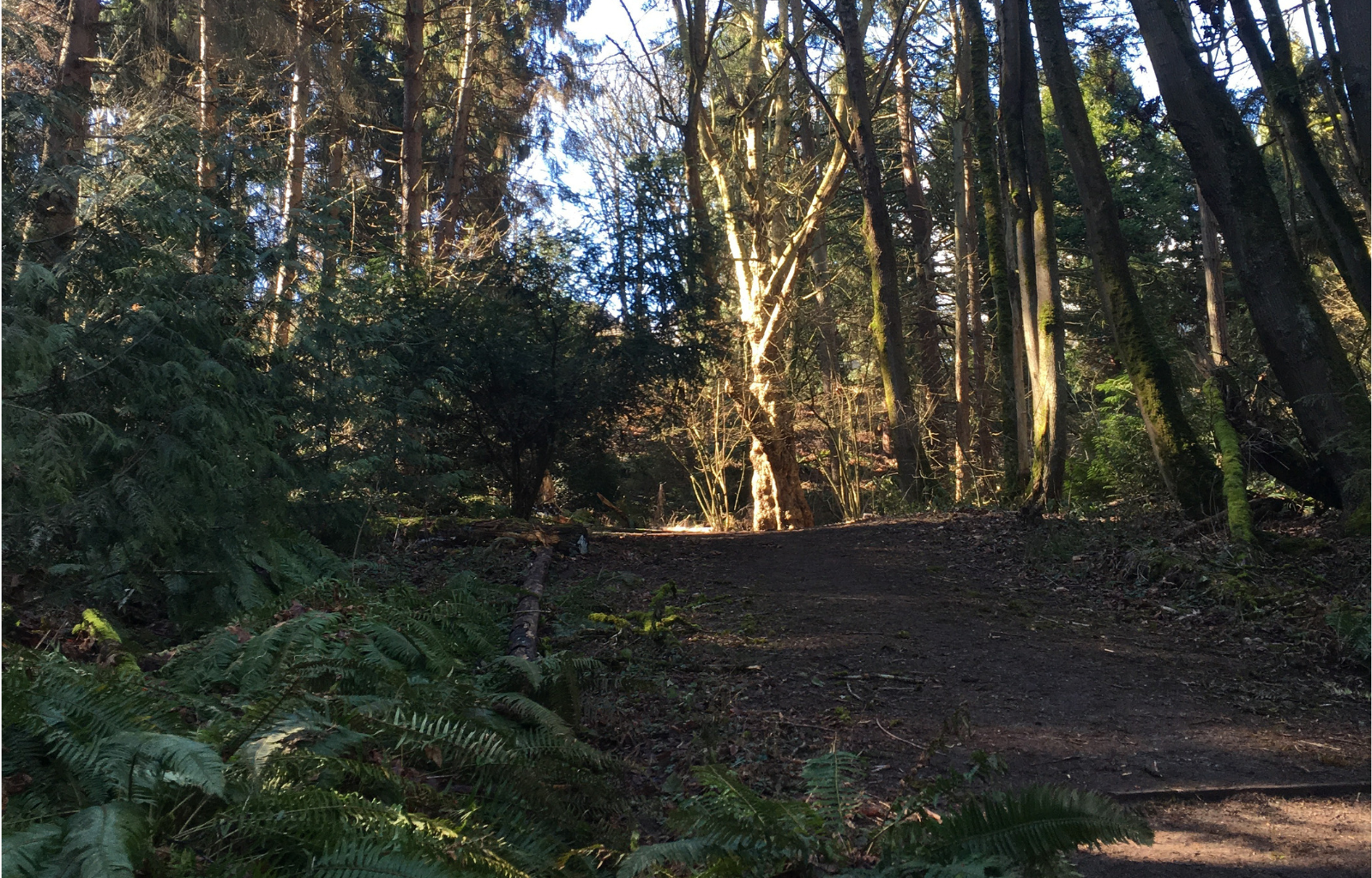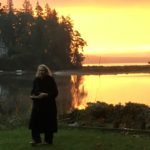I have been working on taking deep breaths that go all the way down through my toes and back up through the crown of my head.
I have been reading poems because it is National Poetry Month and each morning copying someone’s poem into my journal then writing my own “bad” version of it.
I have making homemade enchiladas and eating them with my daughters and their various friends and boyfriends.
I’ve been moving my furniture around in my house and seeing if I can get something like a “flow” going. (I think it has helped.)
I have been walking every day and snapping pictures on my I-phone and not remembering to share them on Instagram.
I’ve (gasp) shared several chapters of my mystery novel and now my first two readers are saying, “C’mon, where’s the rest? No fair!”
I have been reading my poems here and there and listening to other poets read their poems.
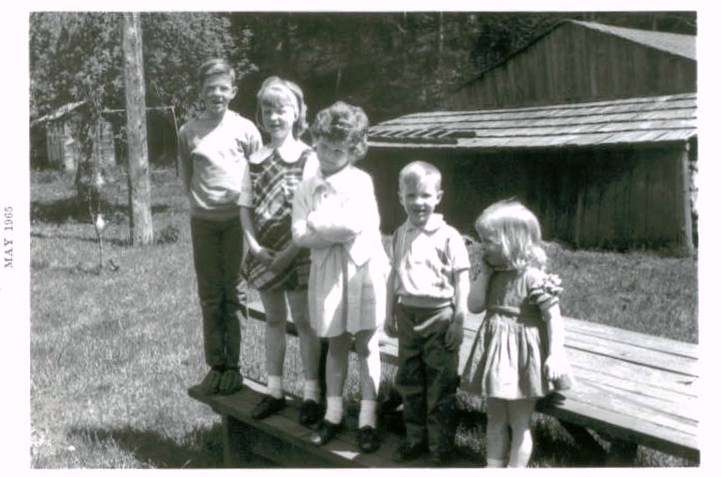
I’ve been working on the memory and picture book I told my siblings I would do for our parents…working on it at a snail’s pace.
I have actually been sleeping at night (most nights), in my own bed, and without resorting to watching Amazon Prime videos on my Kindle.
I have been practicing the piano and learning (very, very slowly and rather poorly) Ashokan Farewell.
I’ve gone to memorial services and Sunday church services, and Maundy Thursday and felt guilty about not doing more.
I’ve been weeding flowerbeds.
I’ve been reading Ruth Rendell mysteries.
I’ve been…
What about you?
https://www2.bethanyareid.com
Featured Photo by Susanne Jutzeler from Pexels
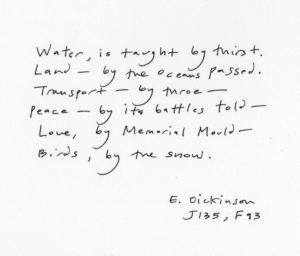

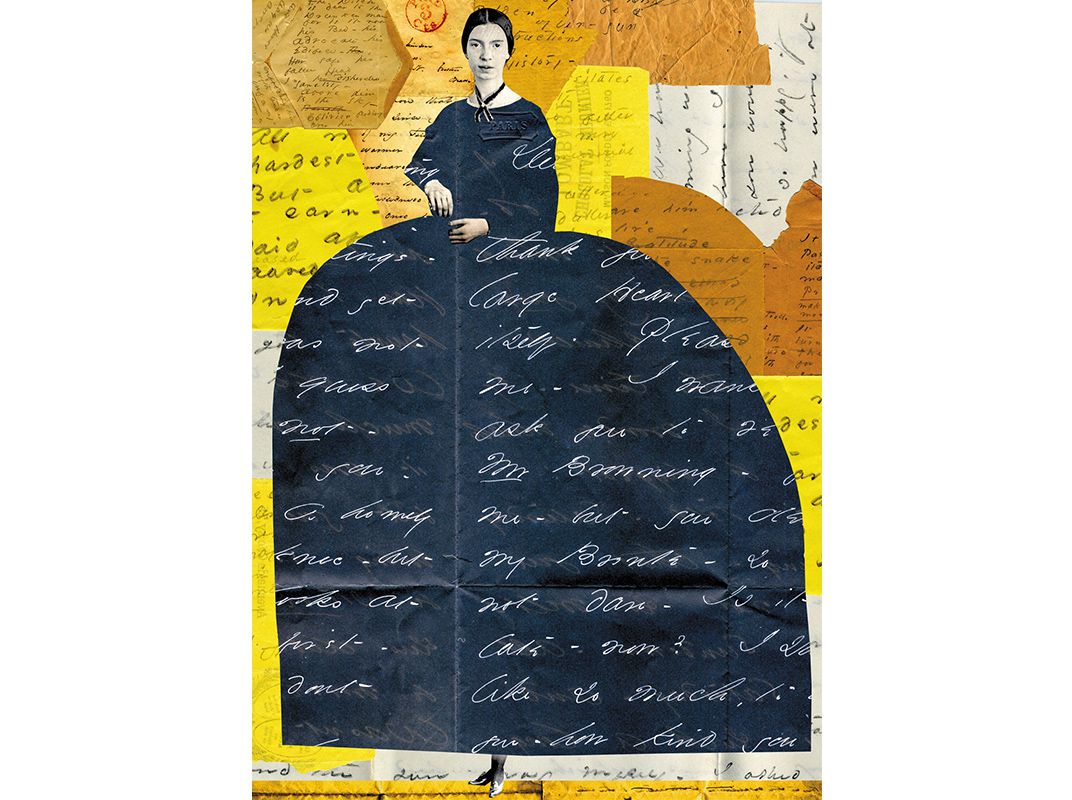


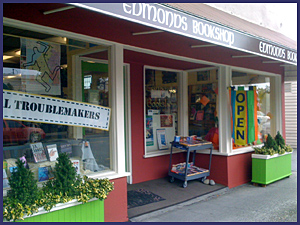 Just a reminder that I’ll be reading my poems, along with poet Karen Whalley, tomorrow, Saturday, 13 April, noon-1:00, at
Just a reminder that I’ll be reading my poems, along with poet Karen Whalley, tomorrow, Saturday, 13 April, noon-1:00, at 